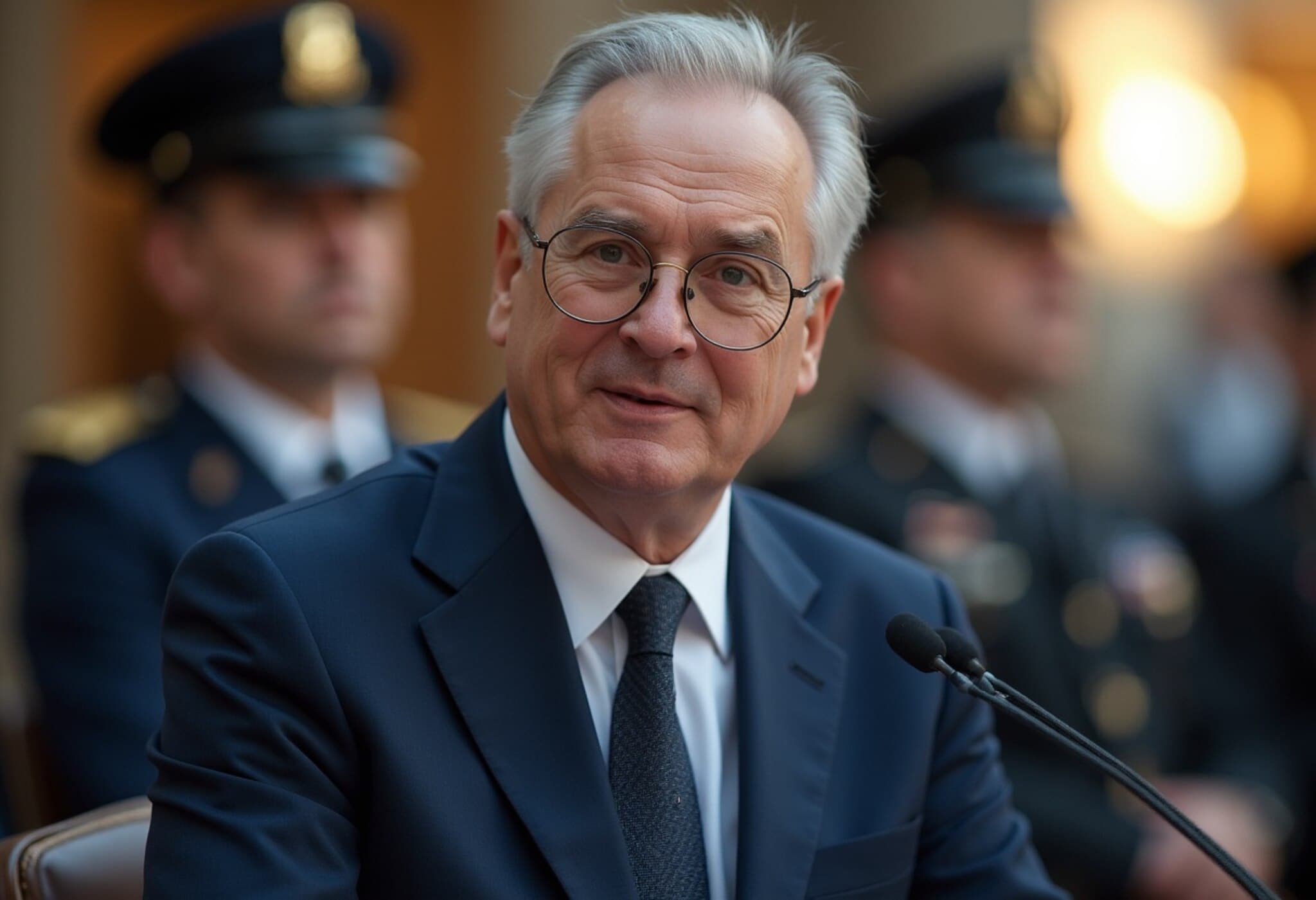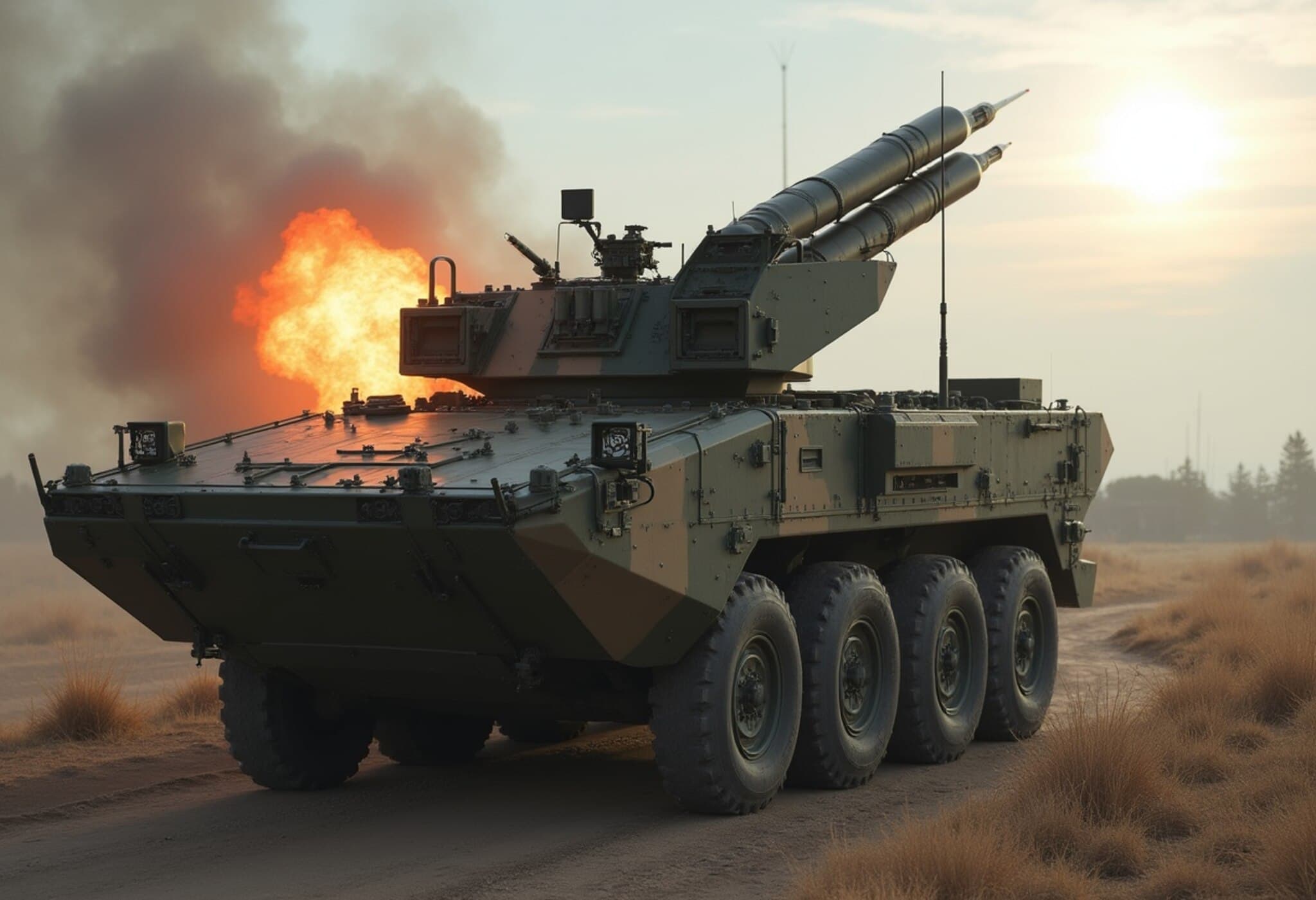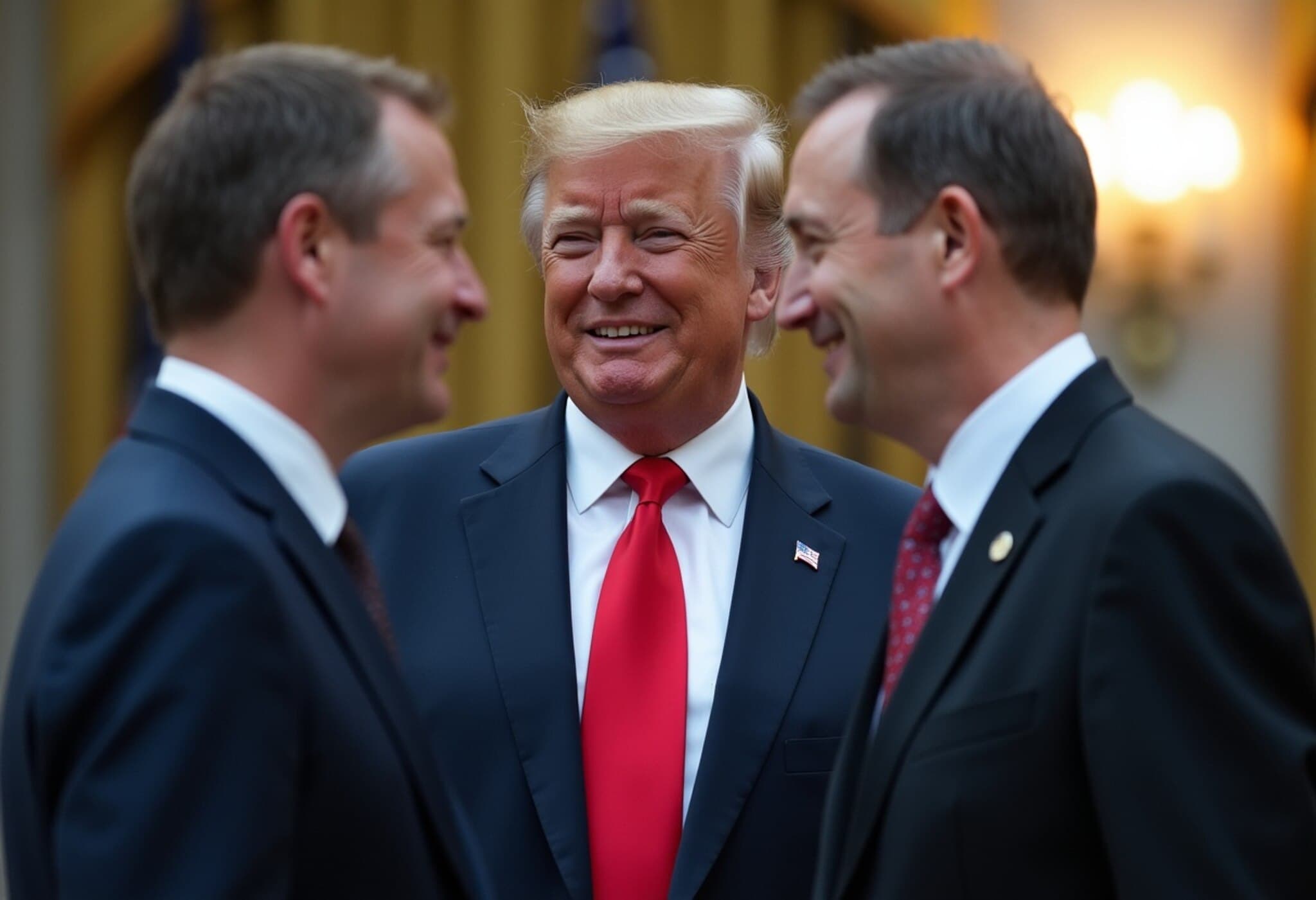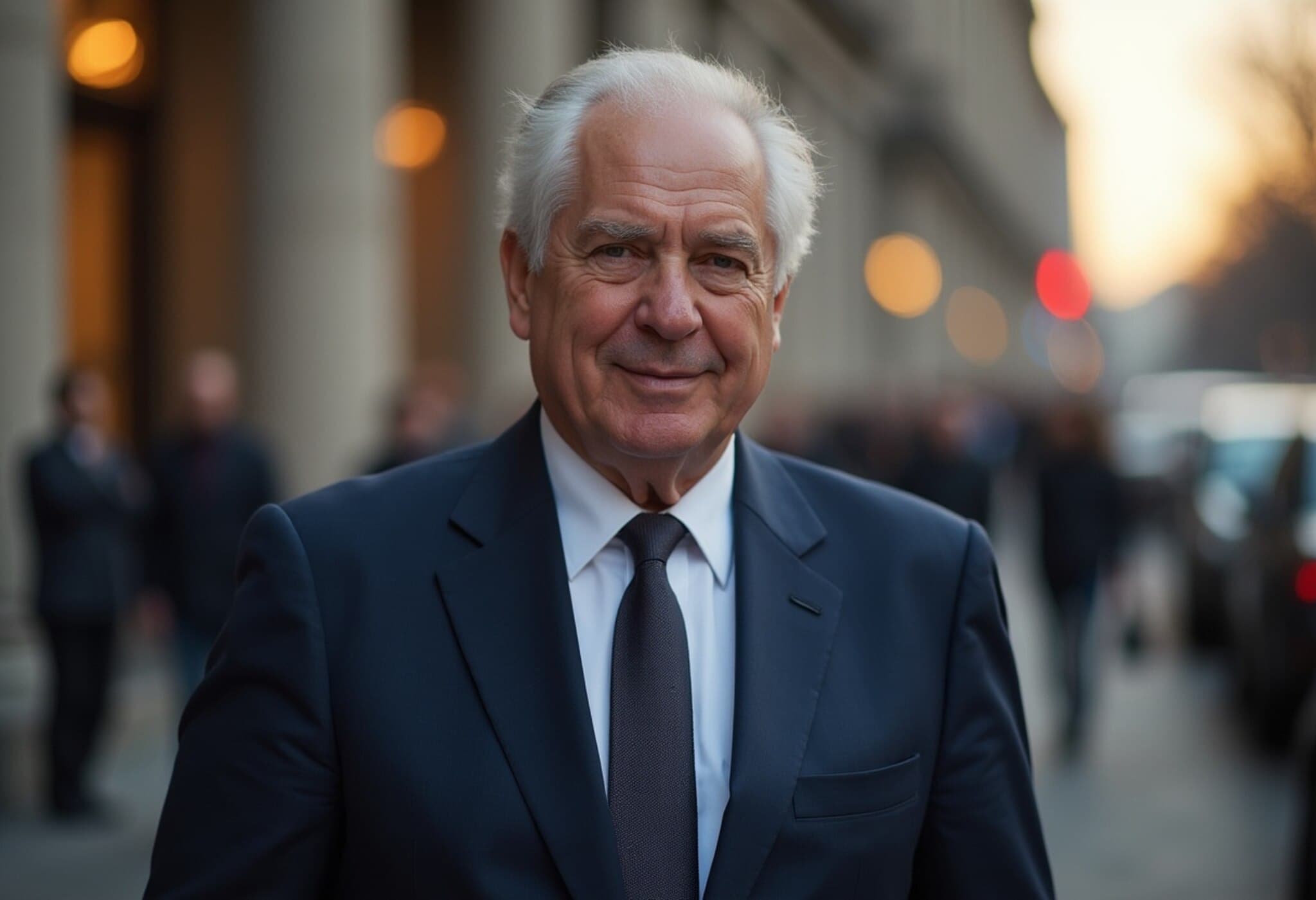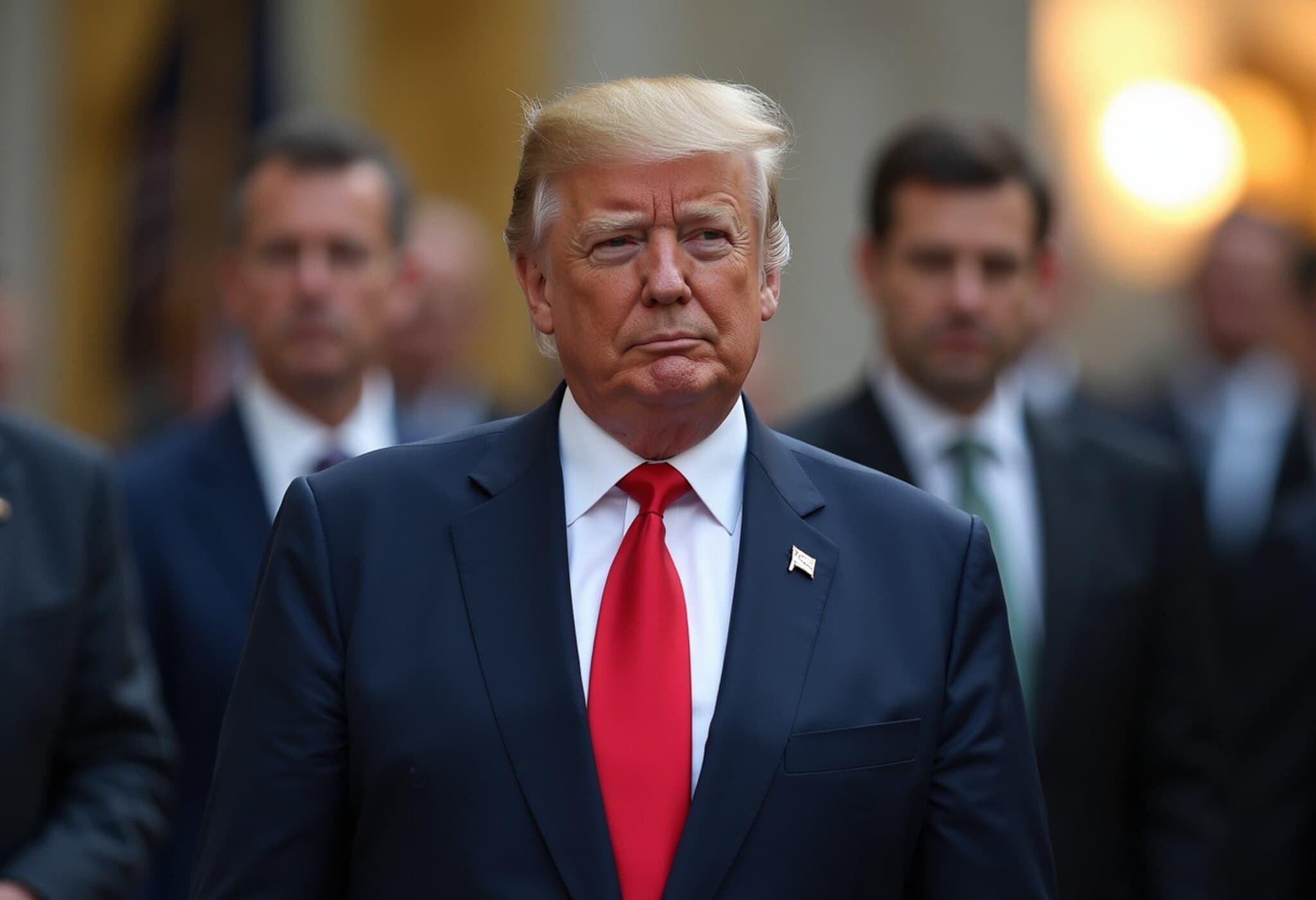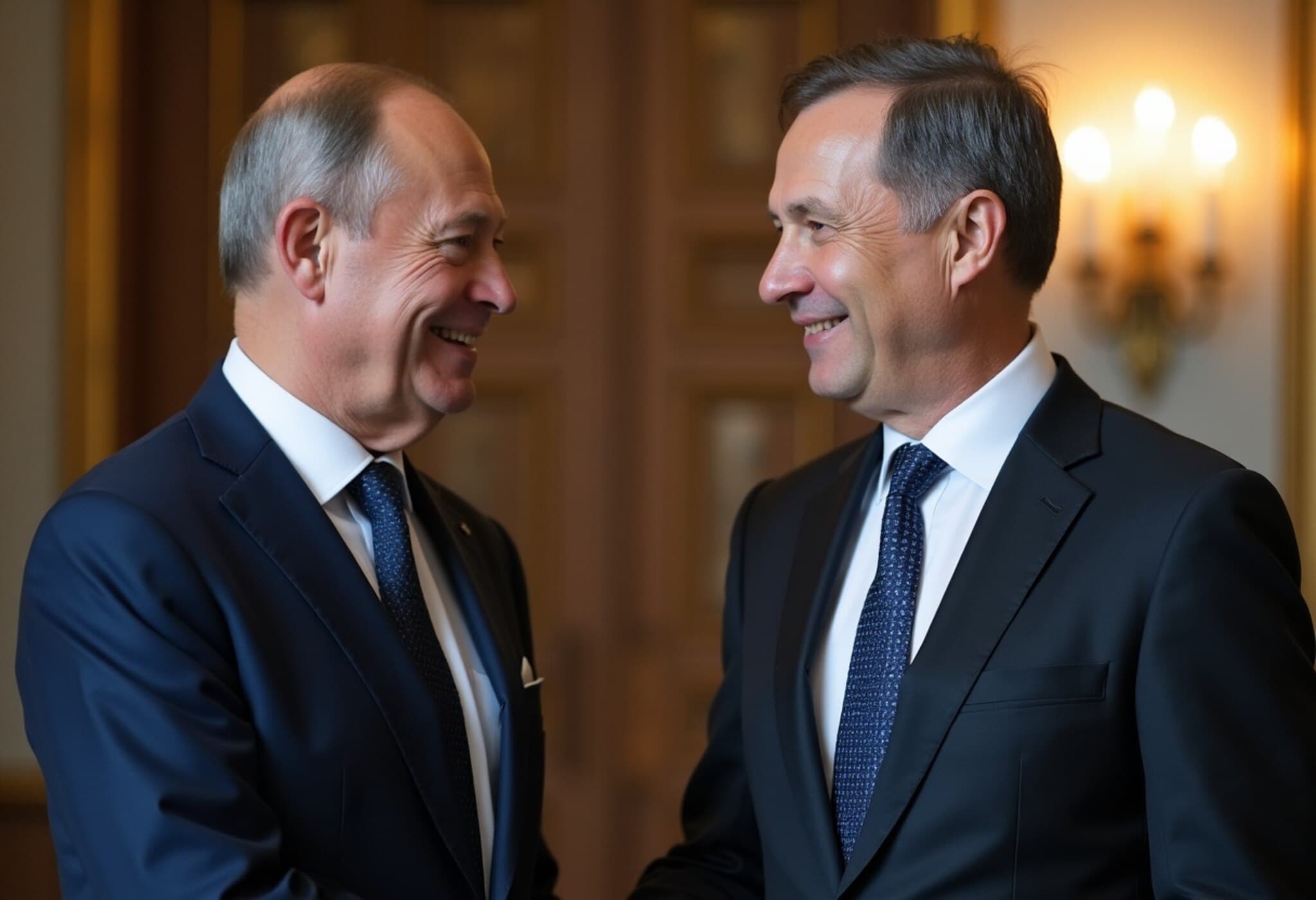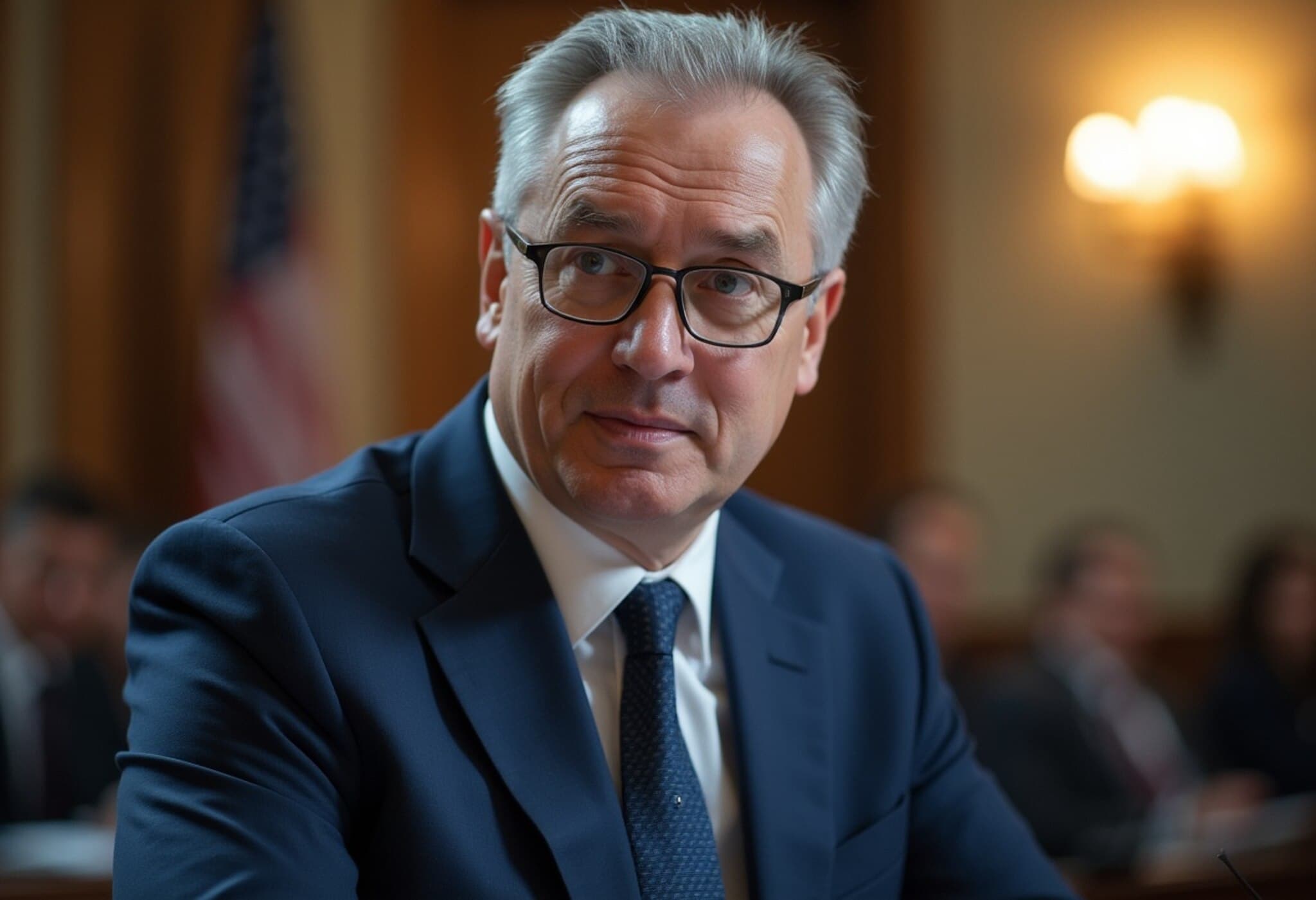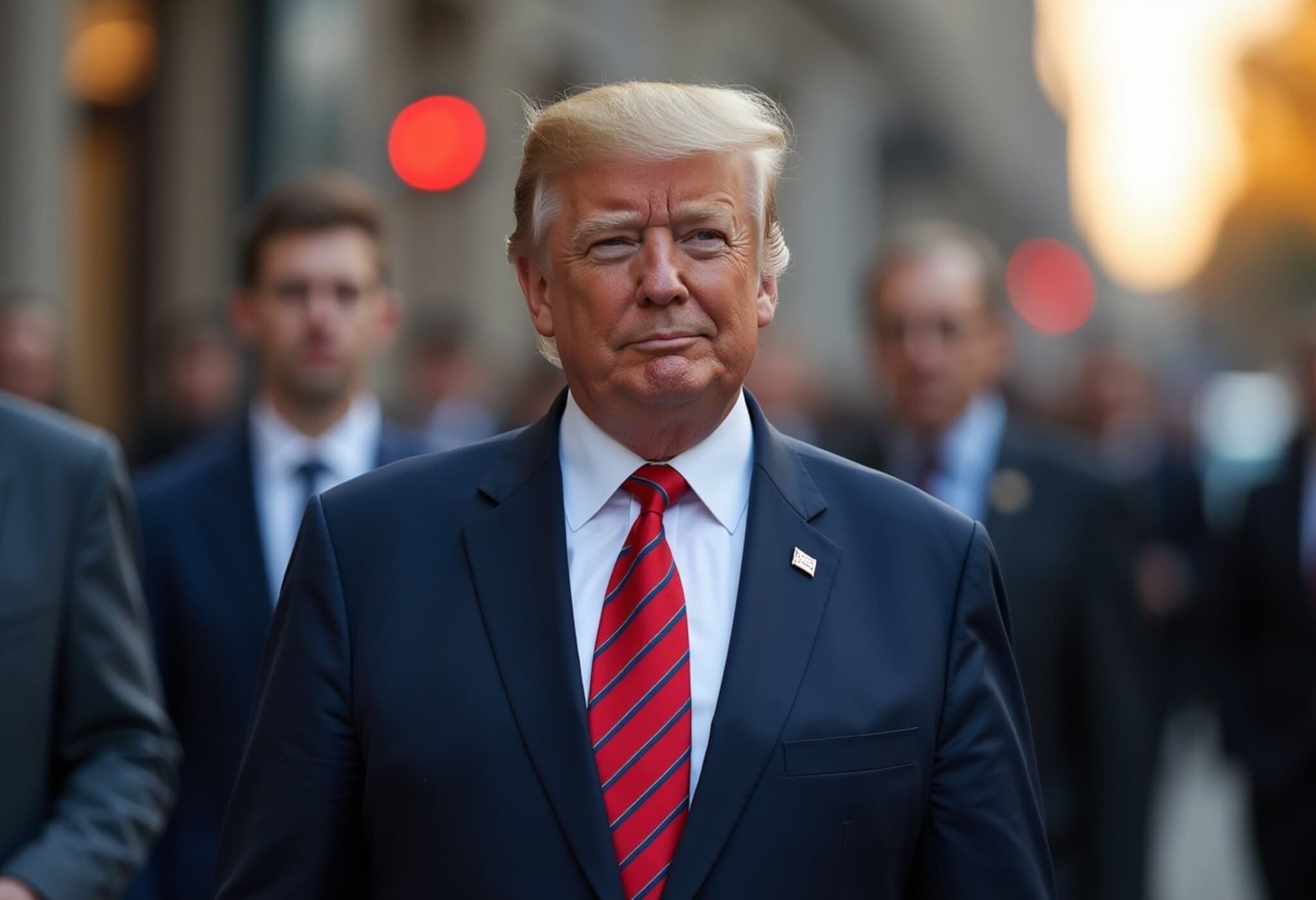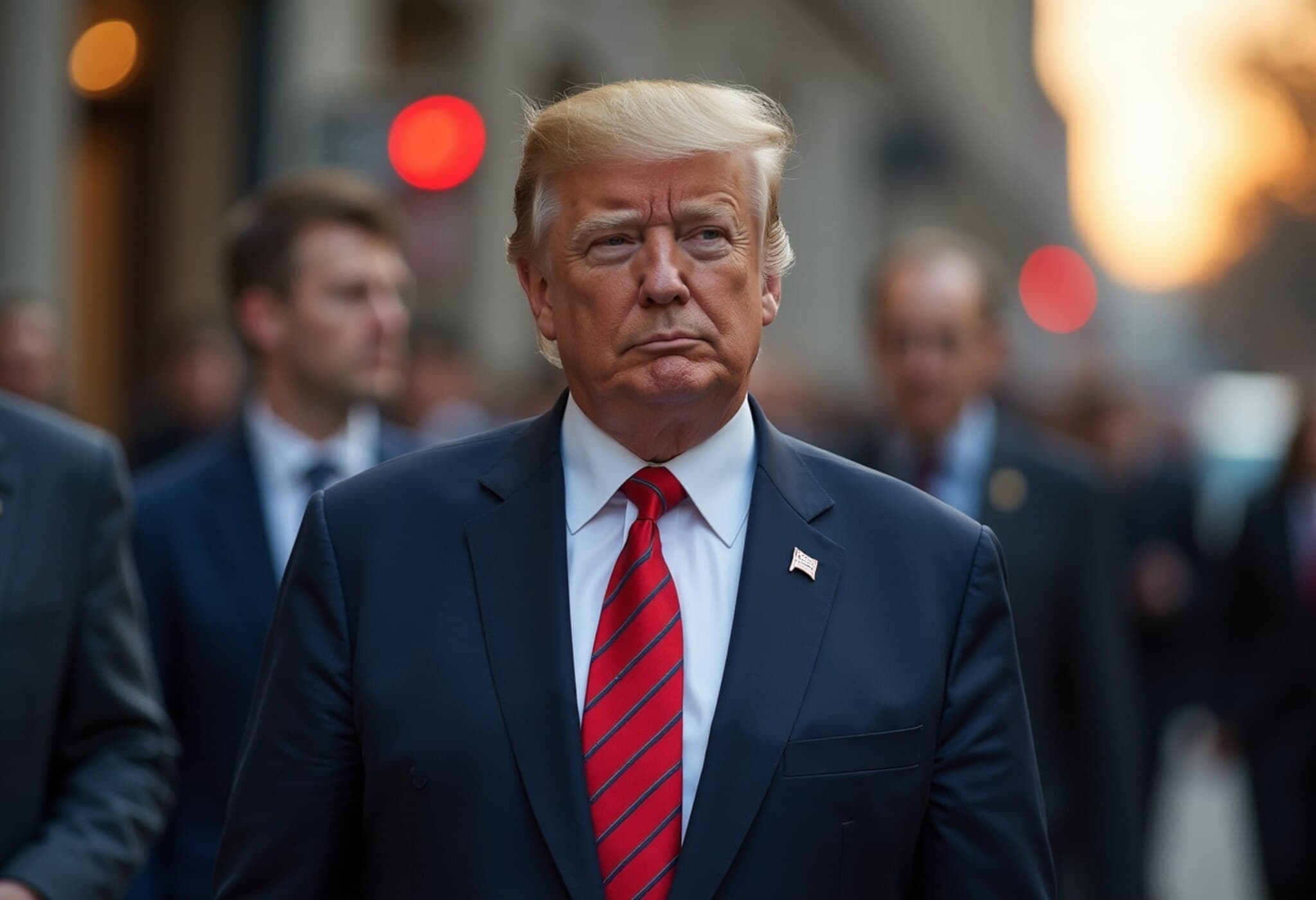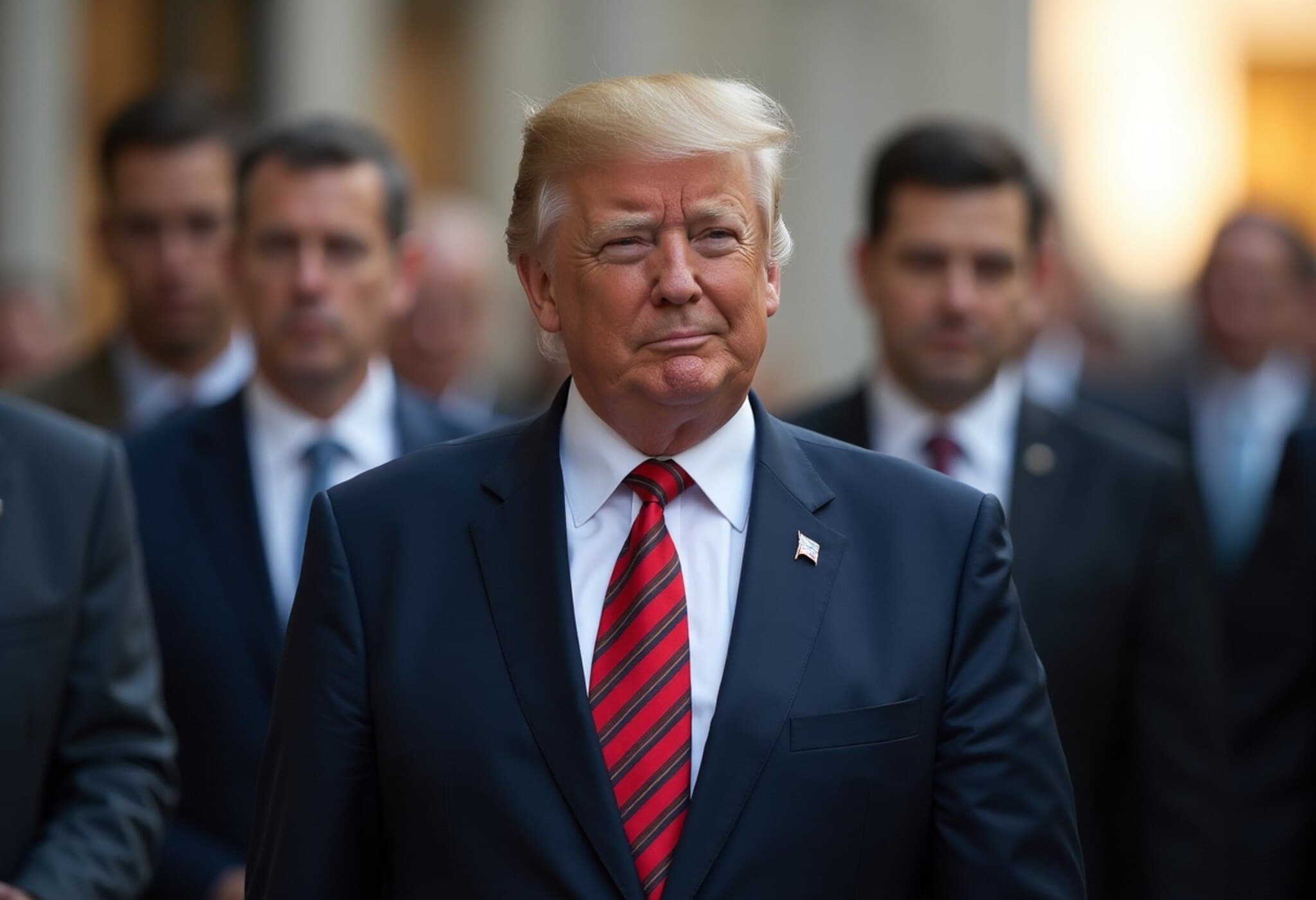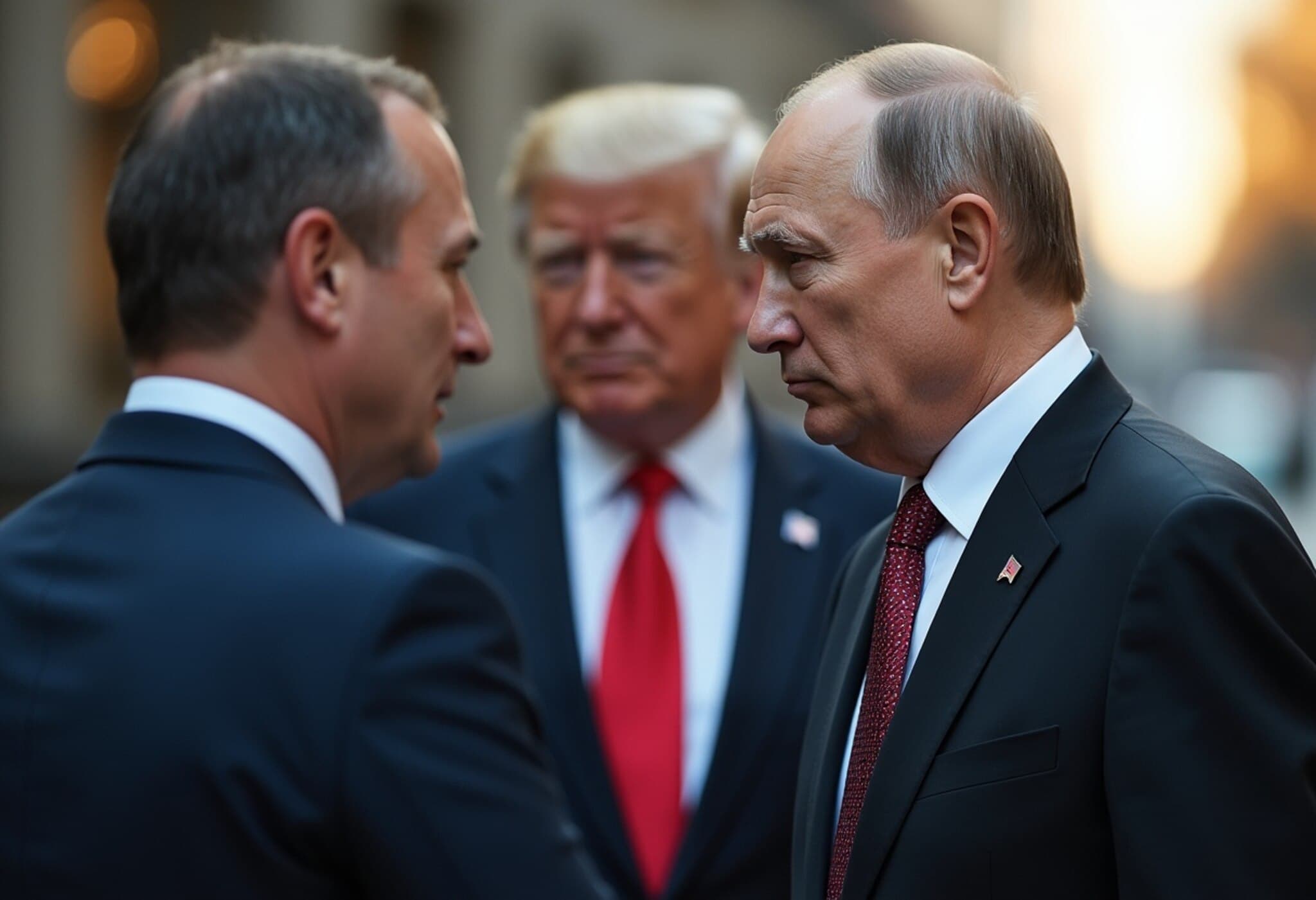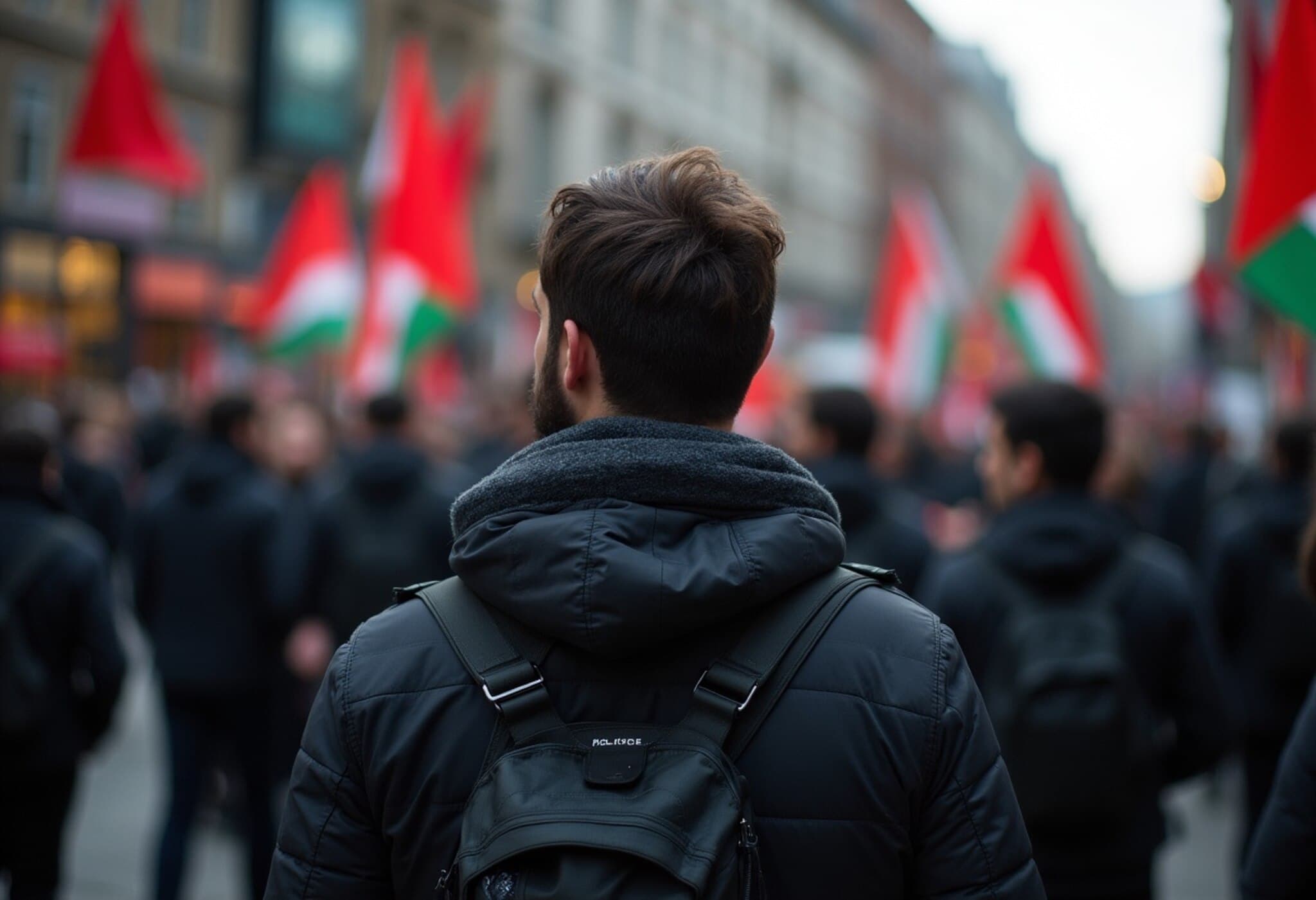Ukrainian President Zelenskyy Signals Openness to Dialogue with Putin
In a significant gesture aimed at de-escalating the protracted conflict in Eastern Europe, Ukrainian President Volodymyr Zelenskyy expressed openness to meeting Russian President Vladimir Putin. On Tuesday, Zelenskyy suggested that potential talks could be hosted in diplomatic hubs such as Turkey, the Gulf States, or various locations across Europe.
Context and Current Diplomatic Efforts
During his nightly address, Zelenskyy underscored the importance of direct negotiations to bring an end to the ongoing war initiated by Russia's invasion of Ukraine in 2022. He highlighted ongoing diplomatic engagements, including contacts with representatives from Turkey, Gulf countries, and European states, which may serve as neutral grounds for discussions.
“Now, this week there will be contacts with Turkey, contacts with the Gulf States and with European states which could host talks with the Russians,” Zelenskyy said. “From our side, things will be prepared to the maximum in order to end the war.”
Diplomatic Moves in the Gulf
Coinciding with Zelenskyy’s announcement, his chief of staff Andriy Yermak and Ukraine’s national security council chief traveled to Qatar for talks with the country’s defense minister—demonstrating Ukraine’s commitment to broaden its diplomatic efforts beyond traditional Western allies.
The Critical Role of International Pressure
Zelenskyy also placed a strong emphasis on the crucial role that the international community—particularly the United States—must play in pressuring Russia to come to the negotiation table in earnest. After meeting with U.S. envoy Keith Kellogg on Monday in Kyiv, the Ukrainian president reiterated that meaningful progress heavily depends on coordinated and sustained sanctions and tariffs against Moscow.
“Everything further depends strictly on the will of world leaders, most importantly the United States of America, to put pressure on Russia,” Zelenskyy noted. “Russia is only giving signals that it is going to continue to avoid real negotiations. This can only be changed by strong sanctions, strong tariffs – real pressure.”
Russian Response and Challenges Ahead
On Russia’s side, Foreign Minister Sergei Lavrov has responded cautiously, stating there is no set agenda or confirmed plan for any such high-level meeting at present. This ambiguous stance reflects the broader challenge of bridging deep-rooted mistrust and strategic contradictions that perpetuate the conflict.
Why the Venue Matters
Choosing a neutral location like Turkey or key Gulf nations is no accident. These states have maintained relatively balanced relations with both Kyiv and Moscow and often serve as diplomatic intermediaries. Hosting talks in such locations could potentially foster a less pressured environment conducive to dialogue.
Expert Insight: The Stakes of Negotiation
As the war grinds on into its fourth year, experts emphasize that direct negotiations, while difficult, remain a crucial pathway to de-escalation. The human and economic toll continues to rise—not only within Ukraine but across global markets through disrupted supply chains and energy instability.
Dr. Elena Markova, a senior policy analyst specializing in Eastern European security, remarked, “Zelenskyy’s openness signals a pragmatic shift acknowledging that military stalemate necessitates diplomatic solutions. However, without unified and firm international pressure, particularly from the U.S. and Europe, Russia’s incentives to negotiate remain weak.”
What This Means for U.S. and Global Policy
The United States faces a delicate balancing act. On one hand, supporting Ukraine's sovereignty and security remains a cornerstone of American foreign policy. On the other hand, intensifying sanctions risks broader economic repercussions that ripple through global markets. The U.S.'s role as a diplomatic leader is paramount to coordinate allied strategies that combine pressure with pathways for negotiation.
Looking Forward
Zelenskyy’s announcement suggests a cautiously hopeful moment amidst the protracted conflict. Should talks materialize in the coming weeks, they could mark a turning point—but the road to peace will demand unwavering international support, transparent negotiation frameworks, and addressing the geopolitical complexities underpinning the war.
Editor’s Note:
The prospect of direct talks between Zelenskyy and Putin opens essential questions about the conditions necessary for real progress. Will Moscow shift from signaling to substantive engagement? How can global players balance pressure with dialogue? As Ukraine seeks peace, the international community's responsiveness may define whether these negotiations become a meaningful step toward ending the conflict or another missed opportunity.

